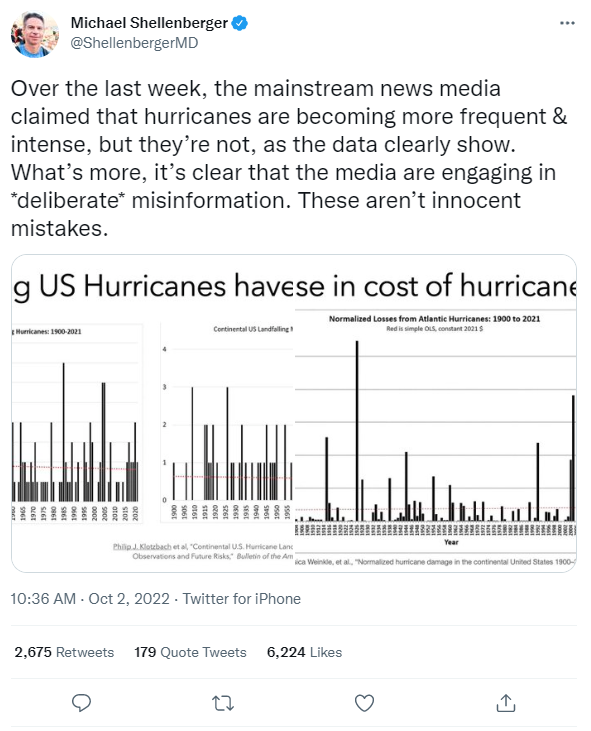Criticizing Israel’s Treatment of Palestinians Can Ruin the Careers of Journalists: The Case of Katie Halper
Matt Taibbi interviews Katie Halper, recently fired from The Hill. An excerpt:
The controversy began when Michigan Democrat Rashida Tliab spoke at an online seminar on September 20th and said, “It has become clear that you cannot claim to hold progressive values, yet back Israel’s apartheid government.” Tliab gave her talk in the wake of the shooting of Palestinian-American journalist Shireen Abu Akleh, who was killed in the West Bank City of Jenin in May. Abu Akleh’s family met with Secretary of State Anthony Blinken in July, and asked the International Criminal Court to open a case two weeks ago, simultaneous to Tlaib’s seminar.
Tliab’s comments inspired an immediate reaction from the Anti-Defamation League, which deemed them anti-Semitic. CEO Jonathan Greenblatt ripped Tliab for ostensibly telling “American Jews they must pass an anti-Zionist litmus test to participate in progressive spaces.” The ADL reaction got wide play on stations like CNN.
Katie’s “Radar” argues Tliab’s comments laid bare what has long been a source of tension among self-described progressives, who often tiptoe around the subject of occupied Palestine. As you’ll see above, she approached her subject with great care, leaning on statements from groups like Amnesty International and Human Rights Watch. Agree with her or not, her editorial certainly wasn’t fake news, or flippant, or gratuitous. It’s what the media business normally wants: a decisive, well-argued opinion.
However, the Hill thought otherwise, and what makes the situation unusual is a media company saying the proverbial quiet part out loud. When editors refused to run the “Radar,” Katie asked flat-out if the problem was the subject of Israel. Though there was some hemming and hawing (at one point she was told the problem was that the show’s focus was on domestic and not foreign policy, despite running content about Brazilian elections, Italy’s new prime minister, and multiple Ukraine pieces that week), eventually they just told her that was, in fact, the case. The next day, she was let go via a curt email ending, “We wish you all the best.”



